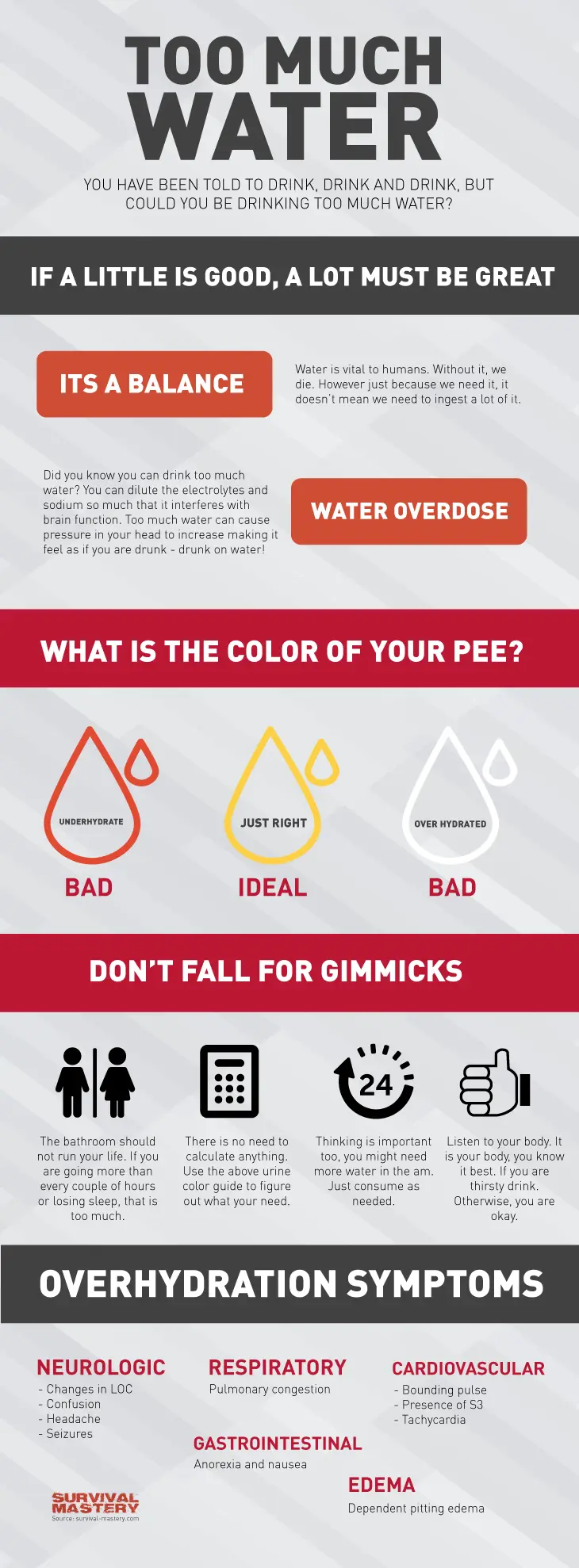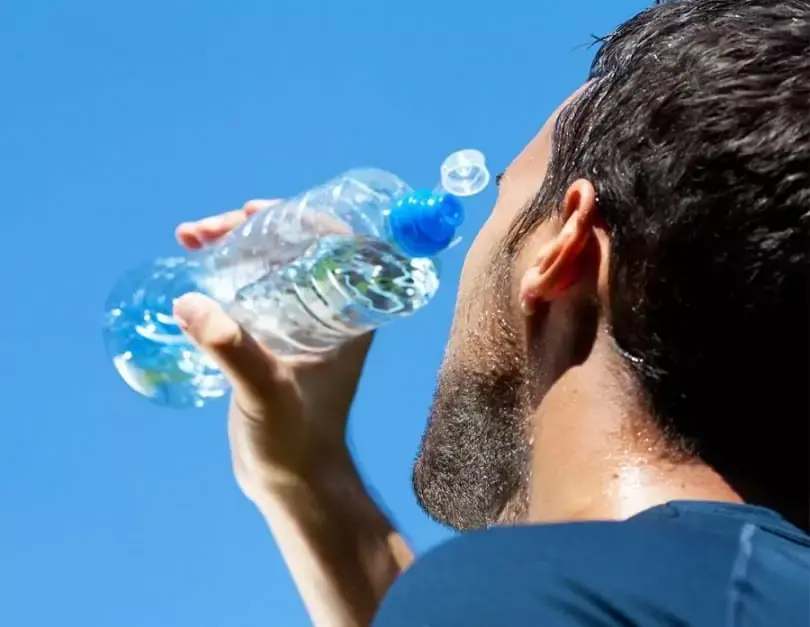Can Overhydration be Cured?
Sometimes
Management focuses on addressing the underlying cause and restoring fluid balance; outcomes depend on the specific condition causing overhydration

What is Overhydration?
Overhydration, or water intoxication, happens when the body retains too much water, disrupting electrolyte balance. Treatment involves fluid restriction and addressing the underlying cause.

Clinical Aspects

Characteristics
Excess fluid in the body, often leading to an imbalance in electrolytes

Symptoms
Edema (swelling), weight gain, nausea, headache

Diagnosis
Clinical examination, sometimes blood tests

Prognosis
Variable; depends on the severity and cause of overhydration

Complications
Electrolyte imbalance, complications of untreated overhydration
Etiology and Treatment

Causes
Kidney dysfunction, heart failure, liver cirrhosis, excessive fluid intake

Treatments
Addressing the underlying cause, fluid restriction, diuretics (in some cases)

Prevention
Addressing the underlying cause, fluid restriction, diuretics (in some cases)
Public Health and Patient Perspectives

Epidemiology
Excess fluid in the body

Patient Perspectives
Management involves addressing the underlying cause and adjusting fluid intake
This information serves as a general overview and does not constitute professional medical advice. Always consult with healthcare providers for accurate and personalized insights regarding your health.
Share: